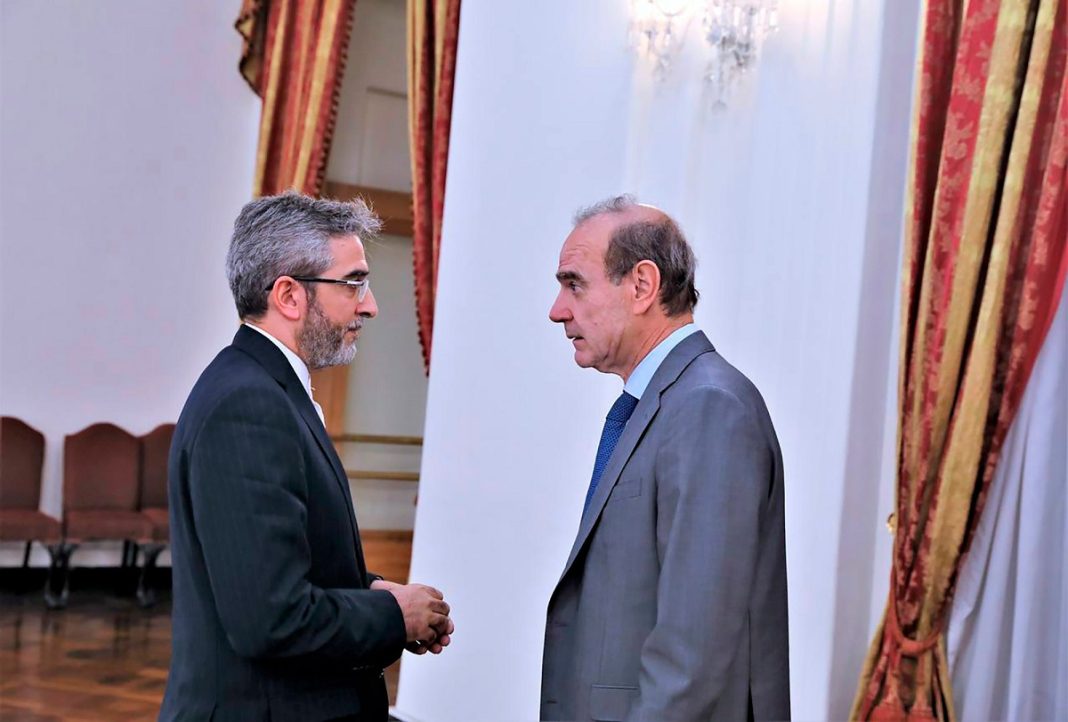Mahdi Motaharnia told Iranian Students’ News Agency, ISNA, that the process of the Vienna talks on the 2015 nuclear deal shows Iran and the US have developed a constant resistance against an agreement.
Motaharnia touched on the US claim that it does not want Iran to be a “rogue” element in the region.
“The Joint Comprehensive Plan of Action hinges on the US impression of Iran as a player that disrupts regional and international order. Tehran also considers negotiations on its nuclear case as a means to remove all sanctions it is facing,” he said.
This is why, the analyst says, the current process is advancing in a fashion that it does not facilitate the talks.
Motaharnia also talked about Europe’s role in the nuclear negotiations saying Europeans are heirs to the agreement therefore “the representative of the European Union is tasked with protection of this inheritance”.
“But Europe is reliant in its actions. It means Europe, in its personalized actions, faces a revolutionary Iran on the one side, and a US on the other that enjoys economic and security dominance over a united Europe, which is itself an ally of the US. This means Europe is both cooperating with the US and in rivalry with it,” he said.
“This is while Russia and China have variable resistances, which means their resistance revolves around their interests in the case. Russia and China are not after confrontation with the US. They seek to get concessions from the US. But their approach to Iran is stable and they consider Iran as a strategic target market, which is a winning card against the US.”
He noted that progress in the Vienna talks and achieving an agreement hinges on how Iran and the US confront each other, rather than on the moves by Europe and Russia in Ukraine. These, he said, are “elements that seek greater tension between Iran and the US” and they are represented by none other than Israel, in the region.
Motaharnia further touched on the visits by such “liaisons” as the Qatari Emir and the EU deputy foreign policy chief and the “positive signals” about all sides returning to the Vienna talks, stressing that the influence of such liaisons would be based on their interests.
